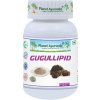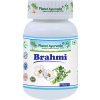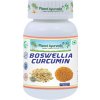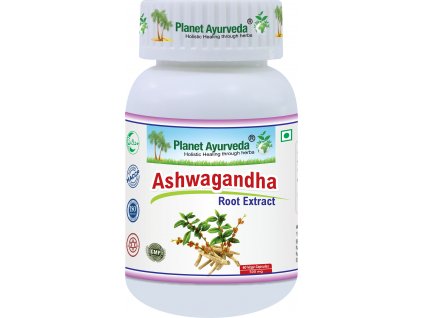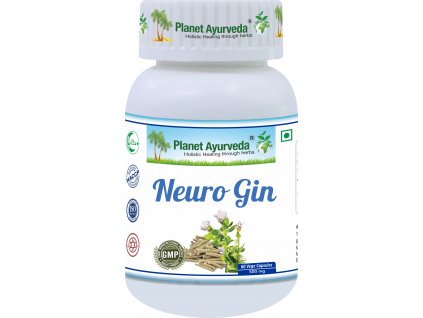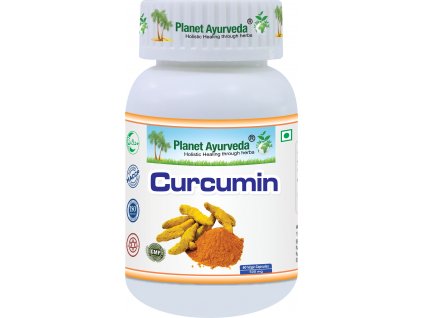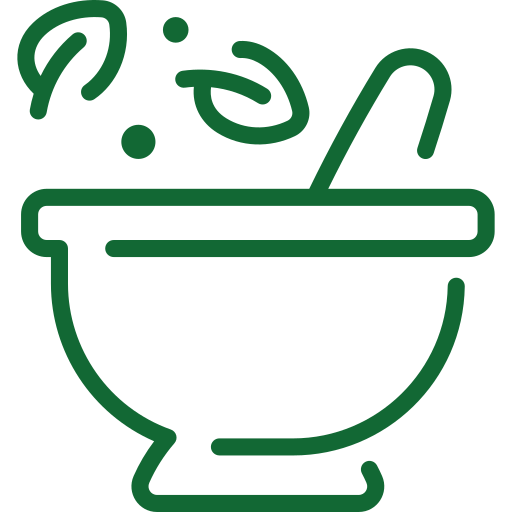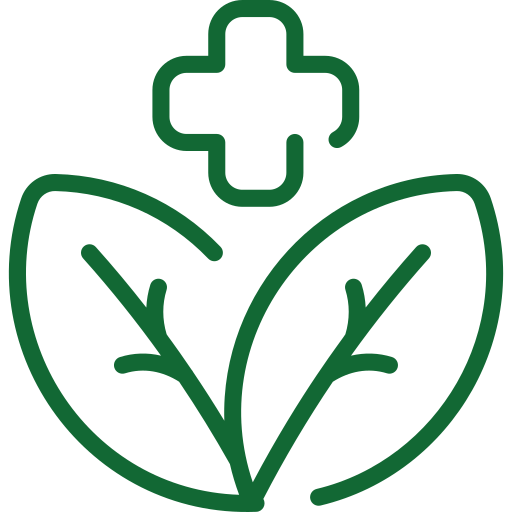Trigeminal Neuralgia
Trigeminal Neuralgia: An Ayurvedic Approach to Treatment and Support
👉 Understanding the Condition and Its Symptoms
Trigeminal neuralgia is a painful neurological condition that affects the trigeminal nerve, which carries sensation from the face to the brain. When this nerve becomes irritated or inflamed, patients experience sudden, sharp, electric shock–like pain on one side of the face. Even simple daily activities such as chewing, speaking, smiling, or light touch can trigger severe pain episodes.
Other symptoms may include:
- Facial hypersensitivity
- Burning or stabbing sensations
- Muscle weakness in the face
- In rare cases, vision disturbances or headaches
👉 Causes: Modern Medicine and Ayurvedic Perspective
From the point of view of modern medicine, trigeminal neuralgia may be caused by:
- Pressure on the nerve (often by a blood vessel near the brain)
- Infections or inflammation
- Demyelination in conditions like multiple sclerosis
- Stress or other neurological factors
According to Ayurveda, this condition is closely linked to an aggravated Vata dosha, which governs the nervous system, movement, and pain perception. An imbalanced lifestyle, irregular sleep, excessive stress, and improper diet can all contribute to worsening nerve inflammation and hypersensitivity.
🌱 Ayurvedic Herbs for Support
Ayurveda offers a natural approach to calming the nervous system and reducing inflammation. The following herbs may support patients with trigeminal neuralgia:
-
Ashwagandha (Withania somnifera): A powerful adaptogen that helps reduce stress, balance Vata, and promote regeneration of nerve tissues.
-
Boswellia (Shallaki): Known for its anti-inflammatory and analgesic effects, useful in reducing swelling and nerve pain.
-
Curcumin (Turmeric extract): Strong anti-inflammatory and antioxidant properties; helps reduce nerve irritation and protect cells.
-
Dashmoola (VataBalance): A classical Ayurvedic formulation made from ten roots. It is especially effective in balancing aggravated Vata, reducing nerve pain, calming inflammation, and strengthening the neuromuscular system. Dashmoola is often used for disorders involving stiffness, spasms, and neuralgic pain.
-
Brahmi (Bacopa monnieri): Traditionally valued as a medhya rasayana (rejuvenator for the mind and nerves). It nourishes the nervous system, improves nerve communication, reduces stress, and provides a calming effect that can lessen pain triggers associated with anxiety and tension.
- Guggul: Supports detoxification, reduces inflammation, and assists in tissue repair. (can be added as additional herb)
💊 Optimal combination from PlanetAyurveda Clinic :
Ashwagandha, BosweliaCurcumin (2x 2 capsules daily from each) Vata Balance and NeuroGin (2x1 capsule daily each)
Diet and Lifestyle Recommendations
To restore balance and protect the nervous system, Ayurveda emphasizes both diet and lifestyle:
🍽️ Dietary Guidelines:
- Favor warm, freshly prepared meals
- Include whole grains, ghee, nuts, and cooked vegetables
- Use spices like turmeric, ginger, and cumin for gentle detoxification
- Avoid caffeine, alcohol, excessive sugar, and overly spicy or processed foods, as they aggravate Vata
- Stay well hydrated with warm water or herbal teas
✅ Lifestyle Tips:
- Maintain a regular daily routine with sufficient sleep
- Practice relaxation techniques such as yoga, pranayama, or meditation
- Protect the face from cold winds and sudden temperature changes
- Engage in gentle exercise to support circulation without overstraining
- Reduce emotional stress through mindfulness or grounding practices
Final Note
Trigeminal neuralgia can significantly affect quality of life, and it is important to consult with a healthcare professional for accurate diagnosis and medical treatment. An integrative approach—combining conventional care with Ayurvedic herbs, diet, and lifestyle practices—may provide natural support, reduce frequency of pain episodes, and improve overall well-being.

